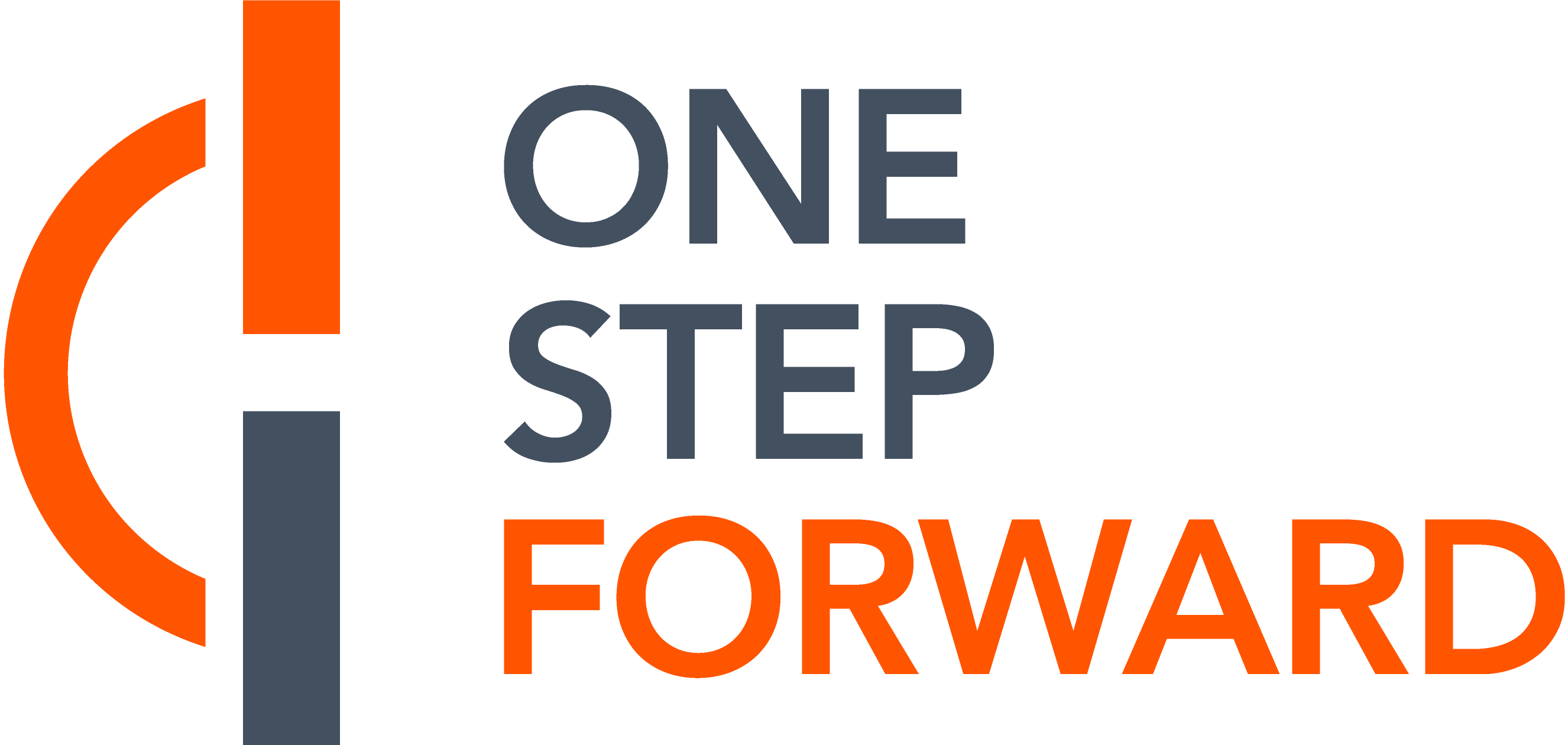Episode notes
Kumekucha is a program to help people process conflict and trauma, and to craft new narratives for themselves.
It’s running at the community level in coastal Kenya and Nairobi, for people affected by police brutality, by gang violence, and a whole range of adverse personal circumstances.
(I strongly recommend checking out the Green String Network’s channel on Youtube for some of their short participant videos, which speak much more eloquently than I can.)
In this episode we hear from two of the people involved. Onyango is an accomplished poet and story-teller, as you’ll hear very quickly, and has been very open about trauma in his own life.
Kaltuma is a program manager who is wrapping her head around some very hard questions of design and delivery, and building on a family legacy.
Topics discussed:
(Onyango Otieno)
[02:45] The importance of story-telling around painful experiences. Overcoming his own difficult past.
[07:00] The Kumekucha model for helping people to process trauma and develop a new narrative. Tools & tactics for facilitating this kind of difficult conversation.
[12:00] How change at the individual level relates to entrenched problems at the community or institutional level.
[14:10] Experimenting with a Whatsapp platform as an enabling space for necessary conversations, including about mental health.
[17:40] Managing his own wellbeing when facilitating this kind of draining conversation. Ethical challenges dealing with institutions like the national police.
[24:20] The need for a paradigm shift in Kenya around mental health. Key influences and inspirations when growing up.
(Kaltuma Noorow)
[29:35] Trauma within different communities in Kenya. Crime, abuse of authority, domestic abuse, and violent extremism.
[33:30] The community-based trauma healing model. Mobilising resourceful people. Finding helpful ways to facilitate this kind of tough conversation.
[36:55] Some experiences with how people changed and moved past trauma. And some where people didn’t succeed and slipped backwards.
[42:00] Dealing with the fact that most participants live in very difficult circumstances. Setting the right expectations, and finding agency where it’s possible.
[45:55] Feeling like an outsider as a Somali-Kenyan. When it’s useful to be conscious of difference as well as connection.
[48:45] Managing the tensions & risks of holding a space for people on extraordinarily sensitive subjects.
[52:05] Building on her mother’s legacy of conflict resolution in northern Kenya. Dealing with conflict in her own life before (and while) trying to help others.
